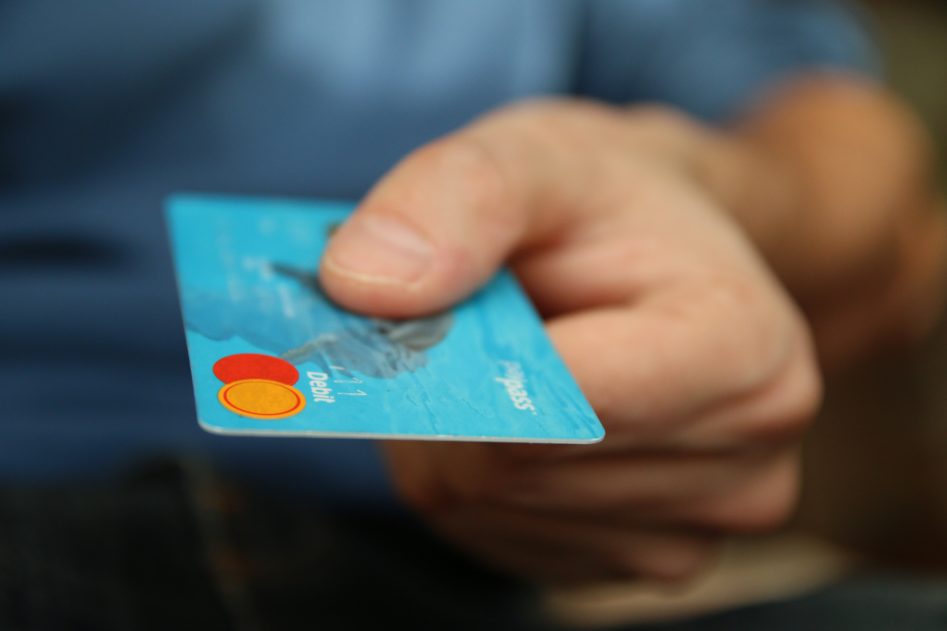I have a classic lawyer answer to this question- it depends. Here are some factors to consider when thinking about this question:
- Do you co-own the debt with another person? Is it a joint credit card with your spouse? Did your parents co-sign the loan with you? If so, that person may continue to have an obligation to pay the debt after you are gone.
- Is the debt secured by property? Car loans, mortgages, and home equity lines of credit use the car or home as collateral for the loan. That means that if that loan does not continue to be paid after your death, the car or home could be seized or foreclosed on by the lender.
- What about unsecured debt like credit cards and medical bills? My clients often worry their children or other relatives will become personally responsible for their unsecured debts after they die. If you pass away with unsecured debts that are just in your name, those creditors can seek to be paid back from your estate, but not from your relatives’ estates. If you pass away without sufficient assets to pay back the debts, unsecured creditors may not be paid back. Creditors also need to follow certain procedures to get paid back or they lose their opportunity to make a claim against your estate.
Speak with a probate attorney or call our office at 505-872-0505 to schedule a consultation with one of our probate attorneys before paying debts after the death of a loved one. An attorney can help you understand which debts need to be paid, in what order, and the process for doing so.

